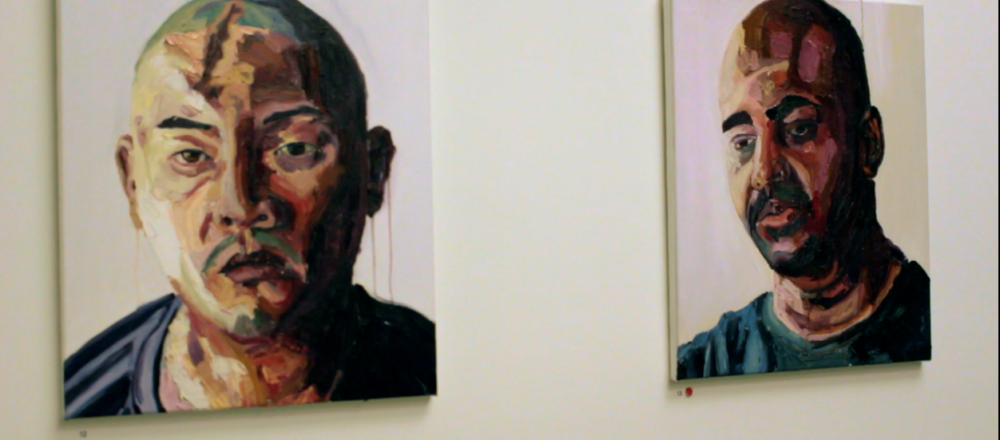“You’re a bleeding heart.” That is the phrase that is so often used to pejoratively describe those of us who take a stand against social injustice. Most recently, Myuran Sukumaran’s haunting painting of a bleeding heart reminded me of how feelings animate our response to politics. Over the past month, we have witnessed a shattering earthquake in Nepal, escalating conflict in the Middle East, the execution of eight Indonesian prisoners, an uprising in Baltimore, and the escalation of deadly domestic violence in Australia (to name just a very few examples).
Whether it is recoiling in horror or mobilising anger or demanding compassion, we rarely pause to consider the effects of our feelings in shaping how we understand and respond to injustice. We are saturated by tragedy on a daily basis and it is often difficult to disentangle how we feel from what we feel from why we feel it.
Let’s begin with horror. Much of the Australian public was horrified by the executions of Myuran Sukumaran and Andrew Chan. Yet, Australia’s policies of returning refugees – policies that result in terrible suffering – generate far less recoil. It is easy to see the horror in a firing squad that directly executes prisoners but it is much harder to feel that when it comes to disparate bureaucratic networks (mandatory detention, excision, interdiction, and return) that brutalise refugees. Yet, whether it is through the pulling of a trigger or the flick of a pen, they have both led to one thing: death.
Anger has been pivotal to a number of social movements that challenge inequality. Recently, the Baltimore riots have been treated in the media as outrageous acts of lawlessness, affray, and anarchy. Yet, the condemnation directed towards the protesters eclipses the anger of the protesters themselves – anger over the policing and killing of Black folks (in this case Freddie Gray). By focusing anger on the violence of protestors, we lose sight of the structural inequalities (such as poverty and racism) that should be the target of our indignation. After all, why does the inconvenience of obstructed streets or damaged property generate more outrage than the several Black deaths that have occurred in police custody? Moralising anger can be seductively simplistic.
Yet, calls for greater compassion can be troubling too. Much of the Australian political commentary on the executions of Myuran Sukumaran and Andrew Chan focused on their profoundly moving stories of rehabilitation and the desperation of their families. Yet, as touching as these claims to compassion are, they risk reducing public opposition to the death penalty just to the people we deem loving or redeemable.
Even optimism can be cruel. As I write this, another woman has reportedly been bashed to death by her partner and another woman was raped at knifepoint. In a country where we make broad statements about gender equality and freedom, women continue to be raped and/or murdered. We sometimes get so nostalgic about all the progress that we have made in terms of gender equality that we forget that such “progress” has failed so many women.
Feelings motivate, drive, and trouble us. In fact, I would self-describe as a bleeding heart. I do not think that will change anytime soon. But, instead of trying to banish feelings (as if such a feat were possible), we need to reflect on what feelings do in shaping politics and our claims for justice.
Our hearts may bleed but we need to critically follow where that blood takes us.
—
Senthorun Raj is a doctoral researcher at the Sydney Law School and a Right Now columnist. Follow him on Twitter: @senthorun
Feature image: australiaplus.com.
This project has been assisted by the Australian Government through the Australia Council, its arts funding and advisory body.


